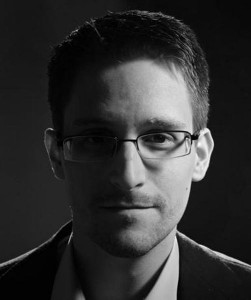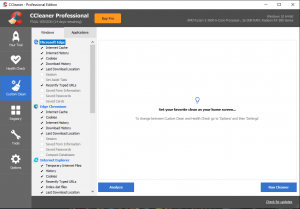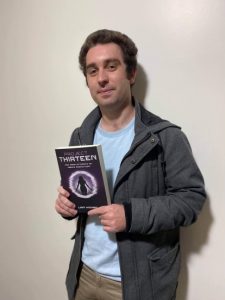No Place to Hide by Glenn Greenwald – Book Review

Glenn Greenwald’s book, No Place to Hide: Edward Snowden, the NSA, and the U.S. Surveillance State, is impossible to put down. It’s as simple as that. Equal parts exciting and revealing, I was entertained whilst being completely shocked.
No Place to Hide is Greenwald’s retelling of his encounter with Edward Snowden. The story uncovers the confronting truth that the advent of the internet and communication technologies has made us all open to surveillance.
In June 2013, Greenwald, then a journalist for the Guardian, travelled to Hong Kong to meet Snowden where he was in hiding. What transpired was one of the biggest intelligence leaks in history.
Greenwald, along with fellow journalist Laura Poitras and other Guardian colleague Ewen MacAskill, proceeded to interview Snowden relentlessly.
Greenwald also passionately details his intent to give Snowden justice and write the best journalism he can in order to make the biggest impact on the world. Greenwald expresses his despair at what he perceives as the huge threat to free speech and free press that surveillance poses, as governments get too close to what is reported.
“Today, for many in the profession, praise from the government for “responsible” reporting – for taking its direction about what should and should not be published – is a badge of honour. That this is the case is the true measure of how far adversarial journalism in the United States has fallen.”
Despite this pessimistic tone, Greenwald leaves us with a degree of optimism. The book outlines what has been done since the release of Snowden’s leaks, citing multiple US government inquiries, as well as the effect some parts of the scandal had on US relationships internationally, including with Germany and Brazil.
Another positive event was the UN’s report on on whistleblowers and confidential sources. The report found that whistleblowers are crucial to a functioning democracy, and provided a list of recommendations that governments should adopt to ensure their better protection.
Clearly, there is much more to be done. There will probably be many more like Snowden, forced to hide from their governments for telling the truth. But outcomes such as the UN report suggest some level of hope for the future of privacy, free speech and transparency, in an ever-changing, complex world.
By Helena Game




Be the first to comment!